I thought we might have a little fun this week, since my previous Photo Fridays seem to mostly be morbid and gruesome (and mildly upsetting, when faced with the truth that the internet is full of lies.)
So instead, I want to spend some time on the colorful side of ghost photography– namely, focusing on a few of our favorite ghost hunting tools that, whether purposefully or not, are composed of colorful neon lights like they belong in a dubstep video. Maybe ghosts are into that, I don’t know, but I’m glad to know they’re being included in the party.
Just a little heads up: This post will contain gifs of flashing lights, neon colors, and lots of movement, so if you’re sensitive to any of those, maybe skip on over this post. In fact, skip on over reading anything at all, and listen in on the Haunt Jaunts Podcast instead!
Otherwise, let’s get this party started.

-
Infrared/IR/Night Vision Cameras
While these come in multiple forms, whether through a light attachment on the head of your camera (video or otherwise) or in the form of a special lens cap for daytime photoshoots, infrared cameras work similarly to a thermal camera.
While less detailed than a full-fledged thermographic imager, infrared works by sensing temperature radiation through the lens, and then converting that into a digital signal that imprints in different shades of color on the camera’s sensor.
Infrared radiation is measured in wavelengths, while thermal radiation is done through actual temperature. This is how cameras are able to “see” in the dark, despite our eyes still being blind.
If you’ve watched as much Ghost Adventures as I have, you might recall how often one of the guys mentions how “the IR light on the camera is invisible to the naked eye,” hence why we, the audience, are able to see what’s going on, yet the crew keeps bumping their knees into everything in sight.
Unrelated
While in ghost hunting scenarios the infrared images captured would be mostly monochromatic due to the lack of light, it’s also possible to shoot infrared during the day. This achieves an unnatural color in the surroundings, without having to rely on photoshop or another editing process in post-production. Usually, images end up more saturated, and landscapes appear more like they belong on an alien planet.
-
EMF Detectors
EMF stands for Electromagnetic Field, a fancy name for a type of static electricity, which ghosts are thought to give off. (I literally heard that in Zak Bagans voice. Get out of my head!)
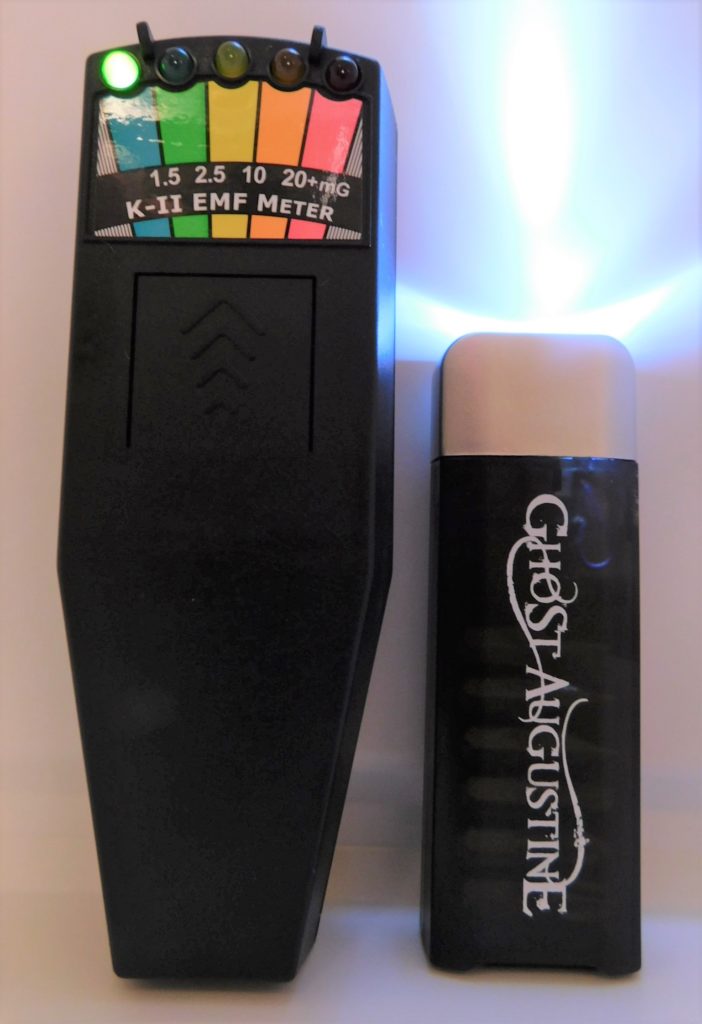
Source: ghosthuntersequipment.com
Depending on the intensity of the electromagnetic field, or, essentially, how closely the spirit is standing within your reach, the lights on the top of the detector will flicker between colors ranging from green (low intensity) to red (high intensity). For this to be a true rave, a spirit need only hop in and out of range and send that color spectrum a-dancin’.
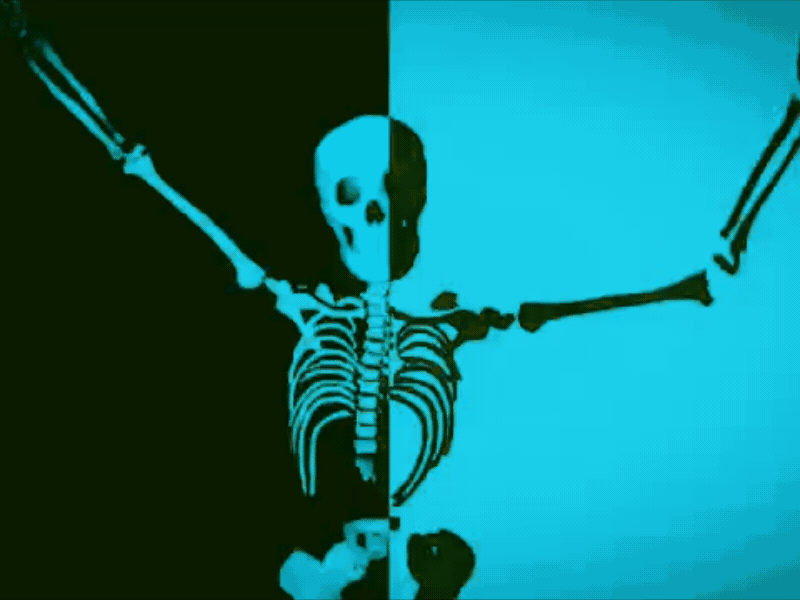
-
REM Pods
REM pods work in the same manner as an EMF detector, but rather than detecting the static itself, it instead creates its own little energy bubble around the antenna. When the bubble is interrupted, it lights up to indicate a presence.
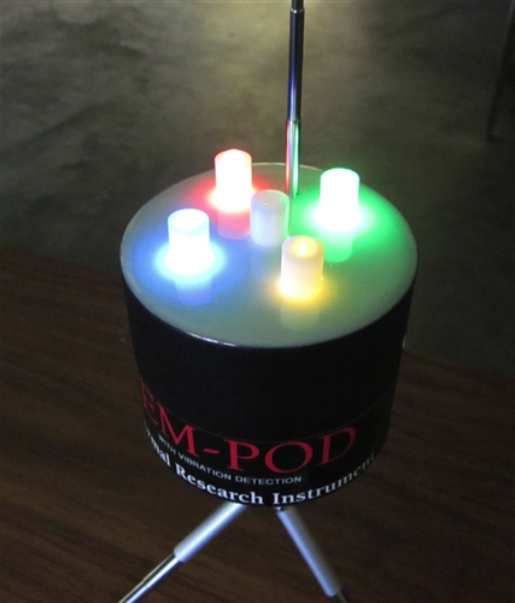
Source: theghosthunterstore.com
REM pods, then, are usually left alone without any nearby touch, as a person could easily set it off by getting too close to the antenna. They also usually give off a high-pitched wail whenever a spirit gets too close. Me too, REM pod. Me too.
-
360 Parascope
The 360 Parascope is made up of a single central pod, with a number of clear dowels emerging from around the circumference. This gadget detects EMF, using an array of changing colors depending on the intensity, in order to determine the location of a spirit within the vicinity. It’s a lot like if the EMF detector and a REM pod had a baby, in space.
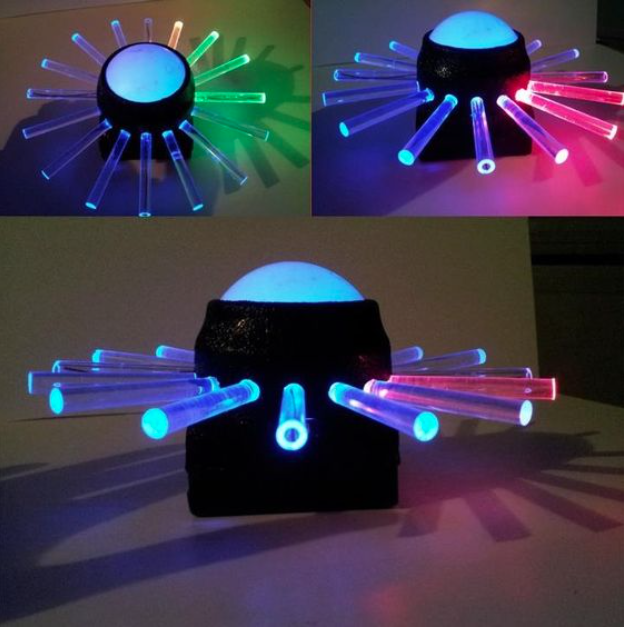
Source: paranologies.com
Not only does it look like one crazy UFO that I definitely want to hop onto, but the colorful lights are surely going to be a source of curiosity for any spirit who might have passed on before the lightbulb became a normal staple of society.
What more, when the lights follow their movements, I imagine they’ll be pretty pleased to know that they’re being sensed. Personally, if I was a spirit, I might just sit and play with the lights for hours on end, while dreaming of actual UFOs.
-
REM Bear
Used mainly in an effort to make contact with child spirits, the REM bear is a seemingly normal stuffed animal, but with some high-tech inclusions.
Usually throughout the paws, ears, and tummy, the bear contains colorful lights and an EMF detector, which we already talked about above. It’s said children, and even potentially older spirits, are more likely to interact with an object they recognize from their own lifetimes. Therefore, this cuddly cyborg bear might be a better choice than the UFO 360 Parascope we talked about earlier.
In this clip GAC doesn’t actually use a REM-bear per say,
but boy do I love that dramatic DUN DUN after the thing moves.
This also makes me wonder, what will people 100 years from now use to attract the spirits of 2017? An EMF-detecting Macbook? Surely some poltergeist out there somewhere is already messing with a Macbook. At least if you get too suspicious, you can put some of your own traps in place should they get a little too handsy. Unplug the charger? Prepare to be caught red handed, dude.
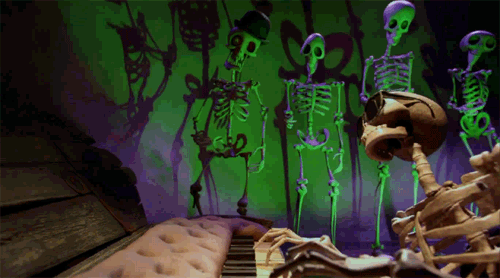
-
Laser Grid/Kinect Camera
All hail the mighty Xbox, and its bringing forth of the Kinect camera. While this super-cool high tech piece of equipment is bunk in terms of winning Just Dance 3, it turned out to be a pretty neat addition to the average ghost hunter’s utility belt.
Using the Kinect to track possible apparitions was invented by Bill Chappell, who I also mentioned previously in my Spirit Photography post. Basically, the infrared dots scattered by the Kinect camera, once disturbed, build a skeleton of the shape breaking them up.
You can see it in action when a human is standing within the field, and then, if you watch the above video, as another form mysteriously appears alongside him. Now, imagine playing Just Dance 3, only for another invisible player to suddenly join and totally wipe the floor with you.

-
Full-Spectrum Camera
A brief science lesson:
In terms of wavelengths the human eyes can seen, we’re pretty limited.
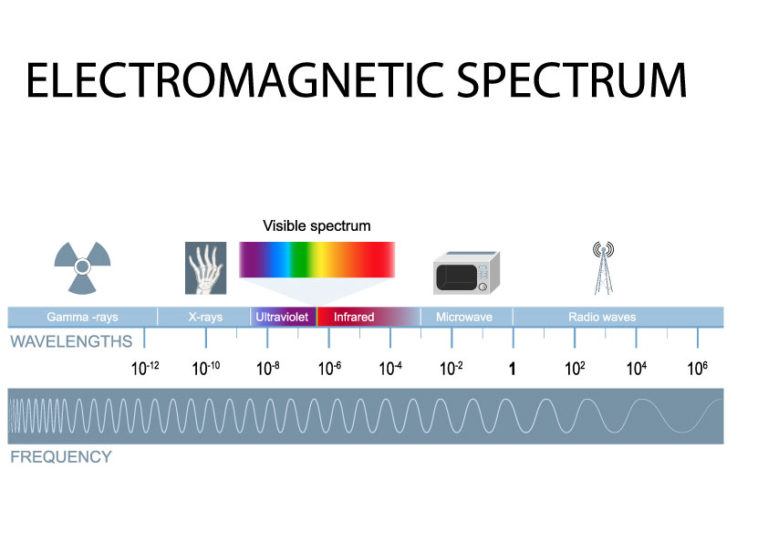
Source: bounceenergy.com
This goes back to why we’re not able to see IR light, but cameras can. Our eyes are also unable to register UV light and X-Rays, two other wavelengths used commonly within our society, particularly in the medical fields.
So then, what does a full-spectrum camera do? Exactly what it sounds like, it gives us visual access to more of the otherwise invisible wavelengths, just in case a spirit is hiding away in the UV corner of the room, just trying to get a seasonal tan. (That imagery really got away from me there.)
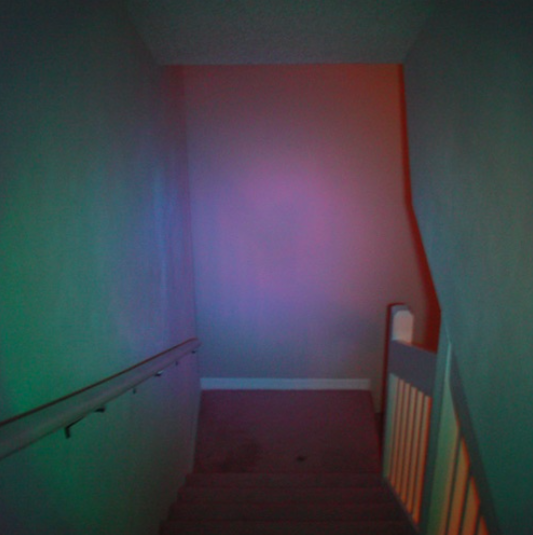
Source: ghoststop.com
Combining both UV and IR wavelengths, full-spectrum cameras open up another wavelength of possibilities when it comes to photographic evidence of the paranormal.
What other futuristic tools have you seen used before, whether in your own hunts or on TV? What are your personal experiences with the gadgets talked about above? Do you think any of them are more effective than others? Share in the comments!
Until next time, don’t forget to call an Uber if you’re feeling a little dizzy from all the dancing lights. (Uber, more like BOO-ber, hahaha.)

Kelsey graduated from Boise State University with a BA in Visual Arts, and is currently working as a freelance writer, while doodling anime on the side with one hand and petting cats with the other.
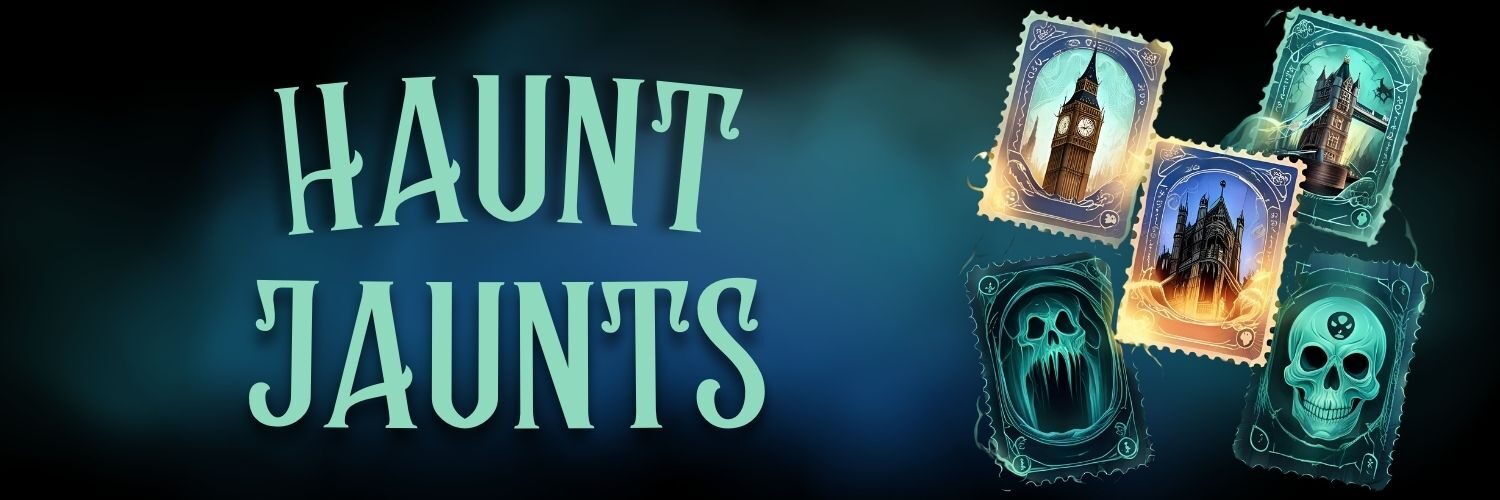
OMG, Kelsey, you keep topping yourself week after week! This was SUCH a fun post! LOVE all the gifs. WOW!! And THANK YOU for the radio show shout out! That was fun to read!!!!